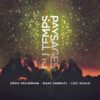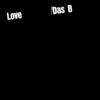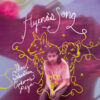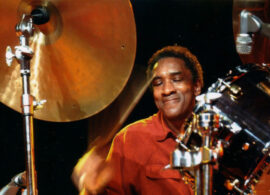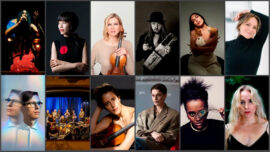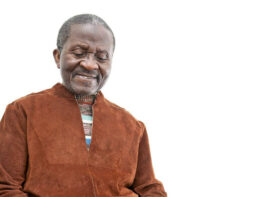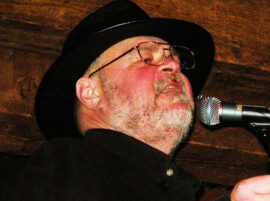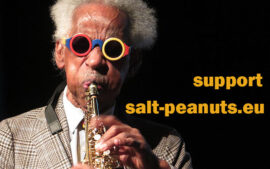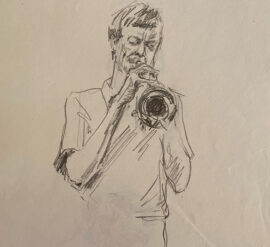
Tèkès (ritual in Hebrew) is the most ambitious album of Israeli sax player-composer Eyal Netzer to date. It is a five-movement, 45-minute suite for a ten-musician ensemble – two violinists, three cellists, two double bass players, piano and synth player, percussionist, and Netzer, who also conducts the ensemble. Each of the movements represents an archetype of the individual and the collective soul – Creator, Destroyer, Fool, Lover, and Seeker.
Netzer is known for his work with leading Israeli free jazz sax players-composers – Albert Beger and Stephen Horenstein. For Tèkès he assembled musicians who have played with Beger and Horenstein like double bass player Shay Hazan and piano and synth player Milton Michaeli (who recorded a duo album with Netzer, Shine, Self Released, 2024), or with him before such as percussionist Oded Geizhals (with whom he recorded the Duo album, Self Released, 2022). A few of the musicians have not worked with Netzer before, and the whole session was recorded live in one day, with one or two takes for each movement, when the movements were open-ended and Netzer encouraged the ensemble to free-improvise and take real-time musical decisions. Netzer conducted the whole ensemble through gestures and visual signs while it improvised on Netzer’s melodic, soulful themes.
The genre-defying Tèkès references the meditative, spiritual jazz of Alice Coltrane and Pharoah Sanders, but cements it into sensual Arabic-Andalusian sonic landscapes, courtesy of violinists Johanna Riethmueller and Kobi Asor, and cellist Mayu Shviro, and is touched by contemporary classical music, rhythm n’ blues («The Fool»), Ethio-Jazz («The Lover»), and subtle psychedelia («The Seeker»). Netzer shines throughout this suite with his most expressive, openly emotional playing and steers the ensemble with concise solos.
Tèkès is a patient, deeply emotional, contemplative, and mostly melancholic suite that captures the horrors of our time, but suggests in its modest, compassionate manner that we all share similar human experiences, musical and otherwise, and that all the boundaries between humans – geographical or mental, can be erased.
Eyal Hareuveni
Kobi Asor (violin), Johanna Riethmueller (violin), Tom Klein (cello), Shani Bar (cello), Mayu Shviro (cello), Orr Sinai (double bass), Shay Hazan (double bass), Milton Michaeli (keyboards), Oded Geizhals (percussion, flute), Eyal Netzer (saxophone, conducting)




